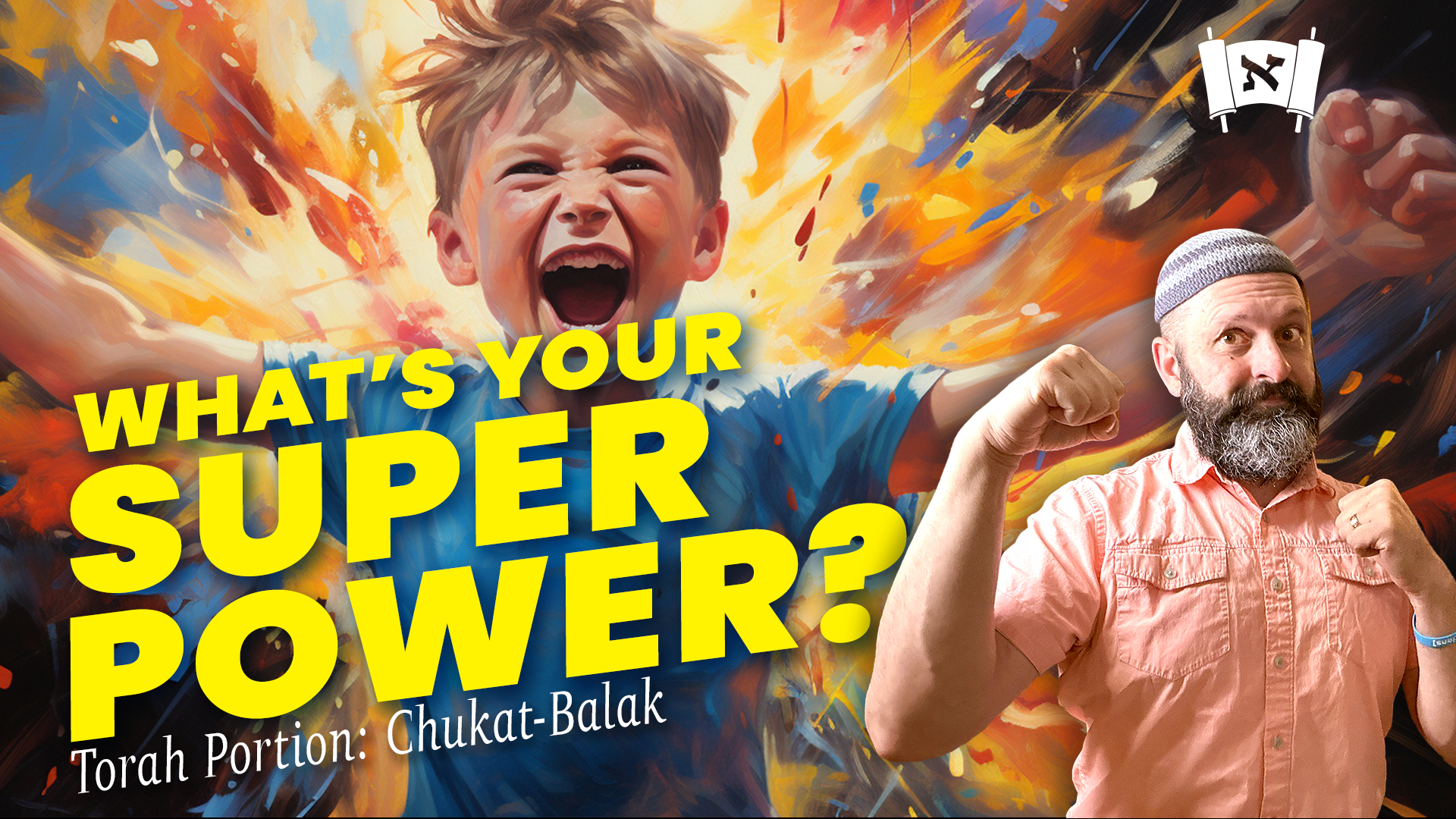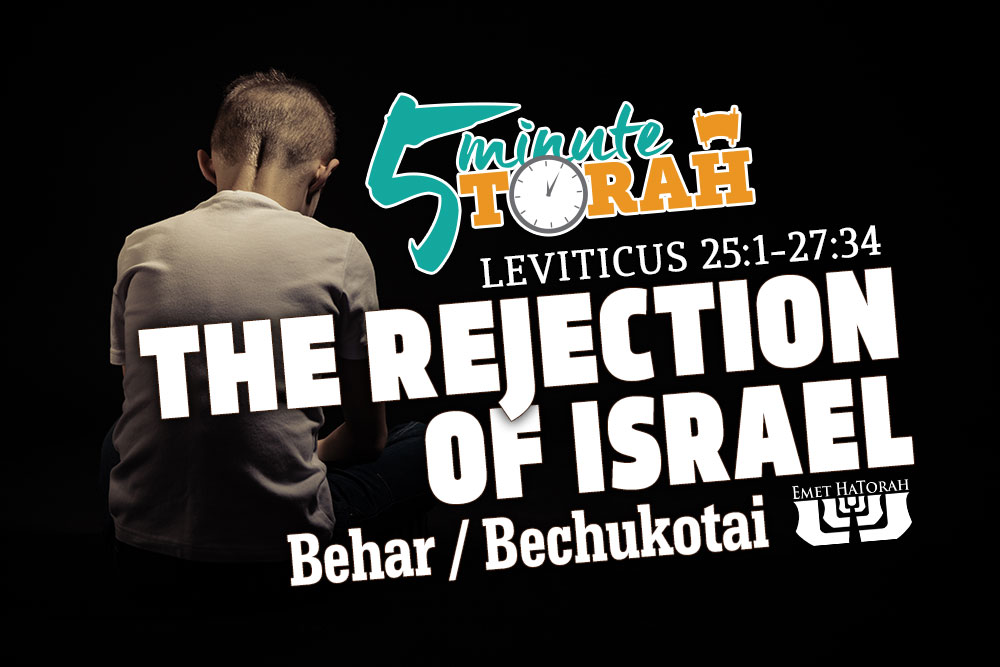Parashat Pinchas (Numbers 25:10-30:1)
In last week’s portion we learned about the prophet Balaam and how he was not able to curse Israel in a direct manner. Every time he opened his mouth to curse Israel, it would be filled with blessings instead. Nevertheless, at the end of last week’s Torah portion we learned that Moab was somehow able to have a destructive impact on the Children of Israel:
While Israel lived in Shittim, the people began to whore with the daughters of Moab. These invited the people to the sacrifices of their gods, and the people ate and bowed down to their gods. So Israel yoked himself to Baal of Peor. And the anger of the LORD was kindled against Israel. (Numbers 25:1–3)











